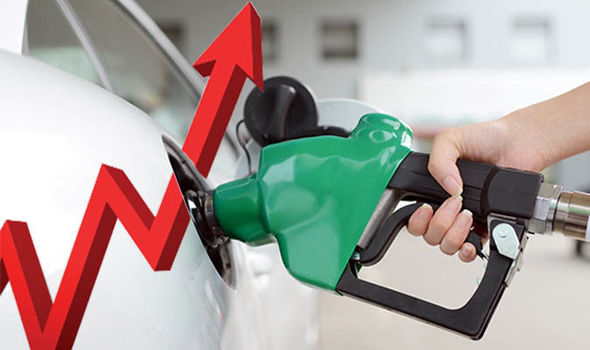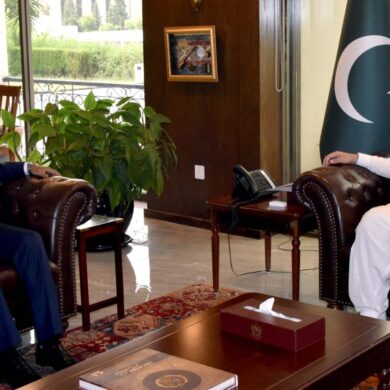The government led by Caretaker Prime Minister Anwaarul Haq Kakar has announced a considerable increase in the prices of petrol and high-speed diesel (HSD) late Thursday night giving yet another shock to the masses who already reeling under inflated electricity bills.
The latest price hikes entail a surge of Rs14.91 and Rs18.44 per litre for petrol and HSD, respectively. These increases come barely two weeks after the previous escalation of Rs17.50 and Rs20 per litre in petrol and HSD prices.
This means that over a span of just 15 days, consumers have seen a cumulative rise of Rs31.41 and Rs38.44 per litre.
The Ministry of Finance issued a statement late at night, indicating that the decision was prompted by the continuous upward movement of global oil prices and fluctuations in exchange rates.
Additionally, the government has approved an increase in the petroleum levy on petrol by Rs5 per litre, pushing it to the maximum allowable limit of Rs60 per litre.
The revised rates have set the ex-depot price of HSD at Rs311.84 per litre, an increase of Rs18.44 or 6.3%, from its previous value of Rs293.40. This hike is expected to impact the transportation sector significantly, as HSD is predominantly used in heavy vehicles such as trucks, buses, tractors, and trains, as well as in agricultural machinery like tube wells and threshers.
The increase in HSD prices is anticipated to contribute to the rise in the cost of vegetables and other essential food items.
Meanwhile, the ex-depot price of petrol has been fixed at Rs305.36 per litre, reflecting a surge of Rs14.91 or 5.13 per cent compared to its earlier value of Rs290.45.
Private transportation, including small vehicles, rickshaws, and two-wheelers, is set to bear the brunt of this increase, impacting the budgets of the middle- and lower-middle-class population.
It’s important to note that there has been no adjustment in the prices of kerosene and light diesel oil at this juncture.
The Ministry of Finance clarified that the spike in fuel rates is influenced by the depreciation of the Pakistani rupee and the escalating global oil prices.

Sourse: PakWheels.com


